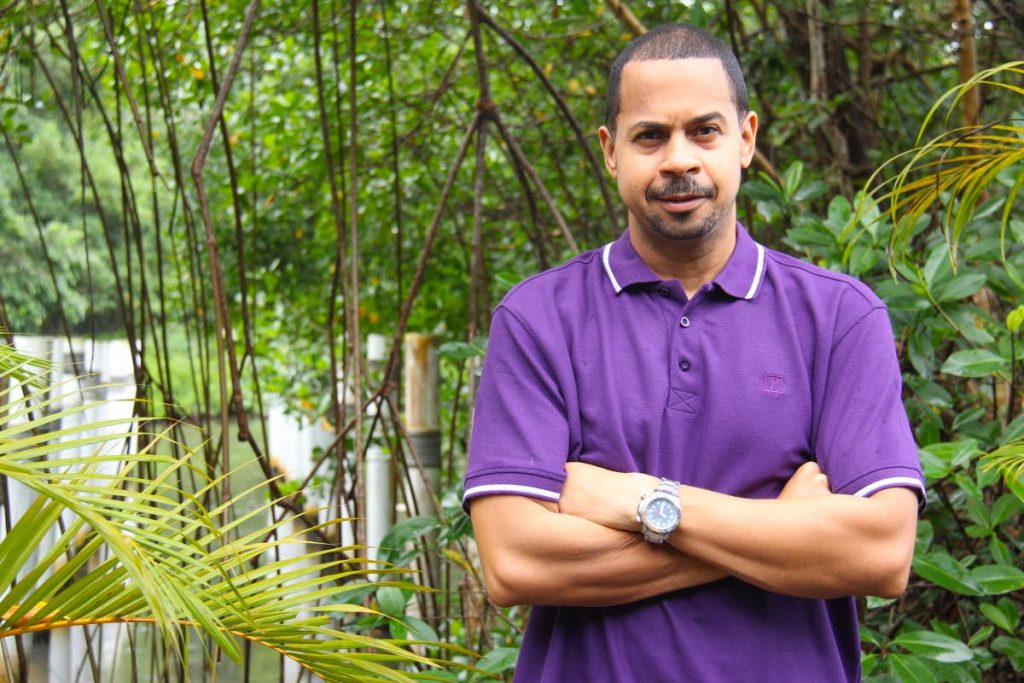Cop26: Who are we kidding?

CELEBRATED natural historian and wildlife documentarian David Attenborough echoed the urgency of our time at this latest climate talk shop, COP26.
The goal is to limit global temperature increases to 1.5 degrees Celsius. Hitting this target would mean a worldwide reduction in planet-warming emissions from industry, transportation and other human activities.
There is considerable scientific thought suggesting this goal has already slipped our grasp. Had there been an aggressive, co-ordinated approach to reductions 20 years ago, perhaps humanity's prospects might be more encouraging.
Scientists and climatologists were clanging the climate change bell with varying degrees of desperation as far back as the 70s and 80s. Some evidence today suggests it may already be too late to wind back the clock on the most devastating fallout of a warming climate.
Densely populated urban centres in India are reporting daily temperatures of 50 degrees Celsius. In North America, they're seeing heatwaves registering between 49 and 53 degrees. Along with those temperatures come invincible wildfires razing vast swathes of land.
Here at home, soaring temperatures and erratic weather conditions are hard to miss. There are other ominous signs. While coastal erosion isn't an unusual phenomenon in TT, its impact on our shores appears to have intensified in recent years.
There are coastal zones around the country where some beaches have all but disappeared in what could be described, in relative terms, as the blink of an eye. In places like Icacos and Manzanilla the transformation is eerily stark. We may very well be facing a future in which Maracas Bay becomes Maracas Seawall.
There is disagreement on climate change with many insisting scientists are deliberately exaggerating its severity. What cannot be disputed, though, is what we're seeing all around us today and humanity's role in disrupting the delicate climate balance.
The fact that limiting global temperature increases to 1.5 degrees is likely an unattainable objective doesn't obviate the need for urgent action. Now, there are some who argue that TT is being made to suffer the consequences of the greed of developed nations. While it's true to say this country contributes less than one per cent to global emissions, that's but one pixel in the much bigger picture.
The inescapable reality is TT pursued the same scorched-earth developmental model other larger nations used to grow their wealth. Oil and gas have been the mainstays of our economy for the better part of a century. Fossil fuels enabled us to build out other downstream industries that contribute to our emissions profile.
Focusing on the fact that our contribution to global emissions figures is comparatively negligible is merely a function of mathematics – again, not the whole picture. If we were a larger nation, our contribution would have been larger.
The indisputable truth is TT has always had an abysmal record on environmental protection and conservation. It has always taken a back seat to economic “growth.” We are doing more than enough to irreparably harm our environment without the insidious influence of warming conditions.
Illegal quarrying guts the land without challenge in this country. This practice that destroys forests and water sources is controlled by dangerous criminal elements and politically-connected untouchables. Our landfills percolate unknown quantities of toxic substances into surrounding soils and streams. Neighbouring communities are bombarded by an almost omnipresent miasma of poisoned air emanating from these dumps.
Our nearshore environment is routinely impacted by oil spills. These marine catastrophes don't even appear to attract that much national outrage.
We are drowning in plastics of every imaginable variety. Whereas other countries are actively moving towards alternatives, TT has increased consumption and indiscriminate disposal of plastics into the environment.
There are over one million cars on our roads and that number is said to increase by 2,000 every month. Those are statistics from the Ministry of Finance. Our population is just 1.4 million.
Citizens are celebrating the Prime Minister on Facebook for “reprezentin” at COP26 in Glasgow. We need much more than optics and technocrat-speak to arrest the decline and mitigate the damage.
Yes, this country must do its part to reduce our contribution to global emissions. We must also act locally to protect future generations from the worst effects of our own destructive practices.
To quote the venerable Sir David Attenborough, “Anyone who thinks you can have infinite growth in a finite environment is either a madman or an economist.” We have our fair share of both.
In TT we've perfected the art of making all the right noises about aggressive environmental protection. It's an image that cannot withstand even fleeting scrutiny.

Comments
"Cop26: Who are we kidding?"